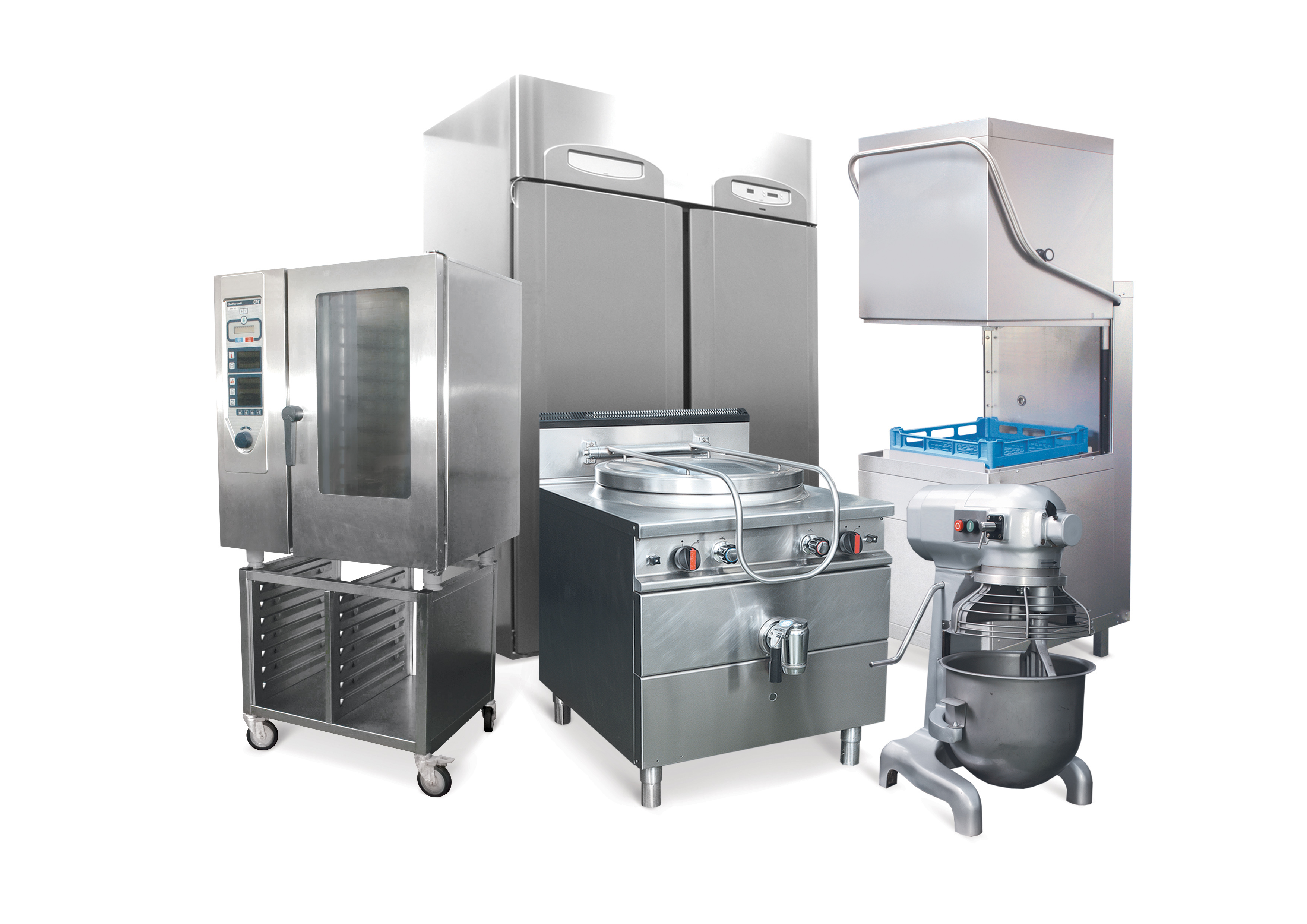FEA urges foodservice industry to energise second-hand equipment market
Demand for second-hand foodservice equipment has never been higher, says the FEA, yet millions of £s worth of commercial catering appliances are sitting idle or being scrapped and recycled. That’s according to research conducted by Censuswide on behalf of a FEA member. It found that nearly 70% of hospitality, entertainment and leisure businesses said they had good working catering equipment doing nothing because it was no longer needed.
The research found that while 84% of hospitality managers didn’t want their unused appliances to be scrapped, over half (55%) admitted they had sent working equipment for scrapping during the past five years.
In light of these findings FEA is urging foodservice operators and their equipment suppliers to take action so that unused equipment can be repurposed or reused to retain its value. “Scrapping perfectly sound equipment is scandalous,” says Emma Brooks, vice chair of FEA and a passionate advocate of the Association’s sustainability initiatives. “We need to energise the second-hand market through proactive recycling, reselling or repurposing idle equipment so others can make use of it is not just the right, sustainable thing to do, it’s also a potential revenue stream for operators allowing them to buy better performing and more efficient equipment that will be cheaper to operate and run."
There is a growing market for quality, second-hand appliances. FEA has members who will help foodservice operators rehome their unwanted equipment, making the process simple and, potentially, profitable. “And it means perfectly good equipment will be back where it belongs, working in the kitchen.”
Clearly, in the context of the current economic climate, energising the second-hand market has the potential to help both buyer and seller. The buyer gains quality equipment at a lower price, while the seller releases tied-up capital that could otherwise go to waste.
The campaign to energise the second-hand market for catering equipment ties in with FEA’s strategic sustainability initiatives on behalf of the industry, including the drive to maximise every commercial appliance’s serviceable life. “The key is to invest in quality, and then to protect the investment through regular service, such as with a PPM (Planned Preventative Maintenance) contract,” says Brooks.
In addition, the funds released by selling old equipment give operators the opportunity to invest in new, energy efficient models. “Proactive recycling ties in directly with FEA’s Five Point Plan, to help the foodservice industry reach carbon next zero by 2050, as it can encourage businesses to invest in greener technology, for example the products featured on the Government’s Energy Technology List that is also cheaper to operate,” Brooks says.
You might be interested in:
- FEA Brexit Hub
- Finding an FEA Accredited Service Provider
- Joining the Foodservice Equipment Association
Social Media
- Follow us on LinkedIn
- Follow us on Twitter
- Subscribe to our YouTube Channel
- Like our Facebook business page

